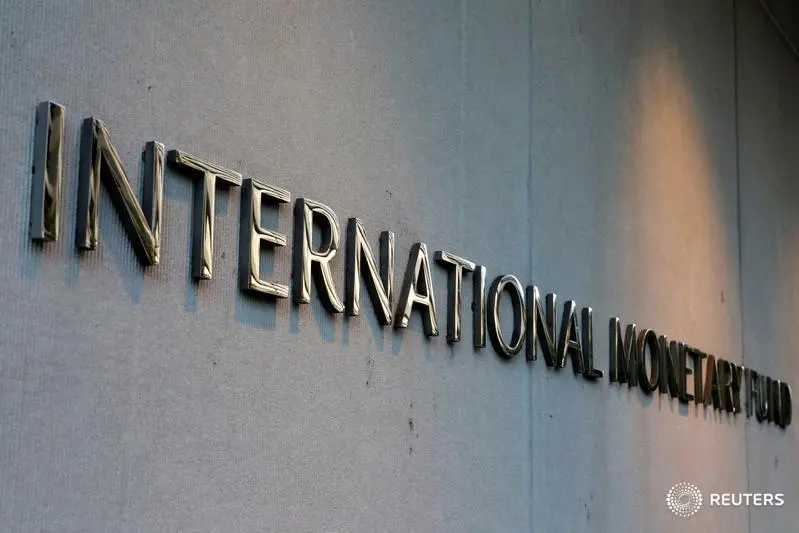PHOTO
The International Monetary Fund’s (IMF) recent report noting that GCC states could see their financial wealth depleted in the next 15 years is an important call to action for the region, a senior officer at the Abu Dhabi state fund said.
“The quest for economic diversification and the bridge that hydrocarbon has given us is something that we’ll continue to be looking at and focus on for the next 20 to 40 years,” Waleed Al Mokarrab Al Muhairi, Deputy Group CEO, Mubadala, told delegates at the Milken Institute Summit held in Abu Dhabi.
On whether the 15 years’ time horizon for the Gulf states is too aggressive, Al Muhairi said: “Whatever the number is, it is an important call for action. Everybody in the GCC is thinking about diversifying, but not everybody is at the same level of diversification.”
While the UAE’s hydrocarbon wealth was transformed over the last 45 years into world-class infrastructure, great education, and good healthcare, Mubadala’s Al Muhairi said, this would still not be enough.
“If you want to maintain relevance as an economic hub and to ensure the best quality of life for your citizens and the people who live in one of the most open economies in the region, we need to keep growing. To keep growing, we need to ensure that the economy is innovation-led, to become a technology developer and exporter, and to continue to look for ways to address some of the big issues of the day,” he said.
“We have one of the youngest populations on Earth, and while we don’t necessarily have an employment problem today, it is really important that we think about how we absorb all those young people and make sure they have productive ways to contribute to the overall wellbeing of society,” he said.
A recent report by Fitch Solutions said that Arab Gulf countries are expected to advance labour force nationalisation policies, yet some countries of the bloc will go in for stricter policy implementation than others.
Countries like the UAE and Qatar that are relatively wealthier, have more fiscal flexibility and smaller youth populations are under less pressure to implement labour force nationalisation than other GCC countries such as Oman and Saudi Arabia. Read more here
(Reporting by Nada Al Rifai, editing by Seban Scaria)
Disclaimer: This article is provided for informational purposes only. The content does not provide tax, legal or investment advice or opinion regarding the suitability, value or profitability of any particular security, portfolio or investment strategy. Read our full disclaimer policy here.
© ZAWYA 2020





















